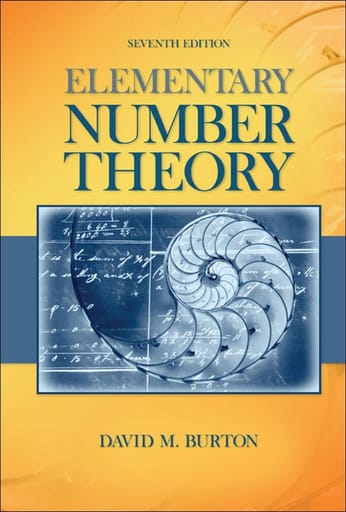Number Theory
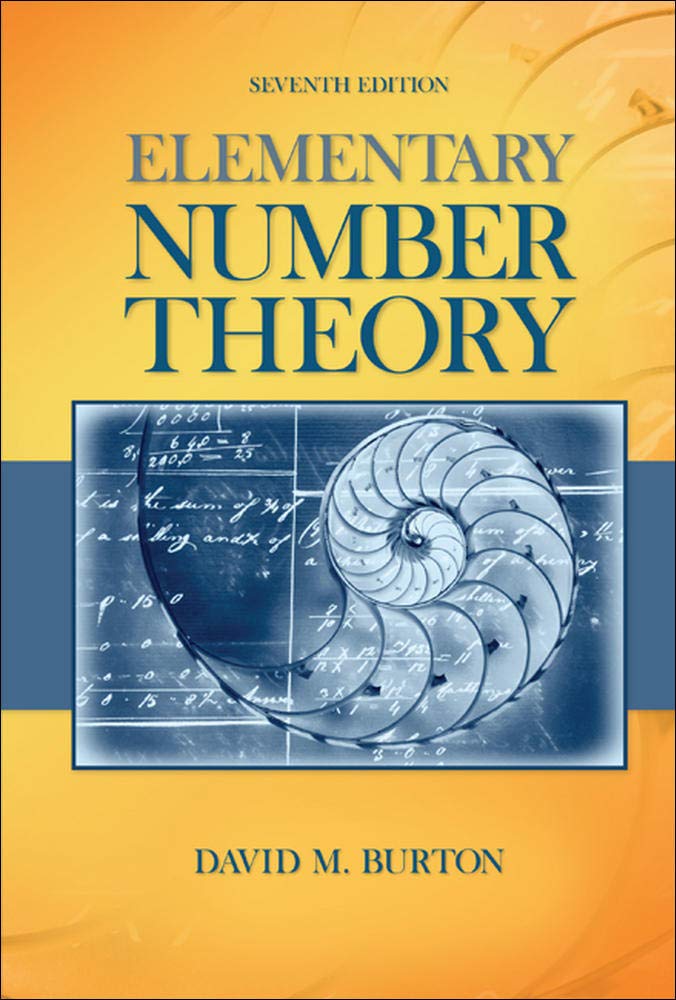
Elementary Number Theory Problems 3.2 Solution (David M. Burton's 7th Edition) - Q5 Paid Members Public
My Solution for "Show that any composite three-digit number must have a prime factor less than or equal to $31$."

Elementary Number Theory Problems 3.2 Solution (David M. Burton's 7th Edition) - Q4 Paid Members Public
My Solution for "Establish the following facts: (a) $\sqrt{p}$ is irrational for any prime $p$. (b) If $a$ is a positive integer and $\sqrt[n]{a}$ is rational, then $\sqrt[n]{a}$ must be an integer. (c) For $n \geq 2$, $\sqrt[n]{n}$ is irrational. [Hint: Use the fact that $2^n > n$.]"
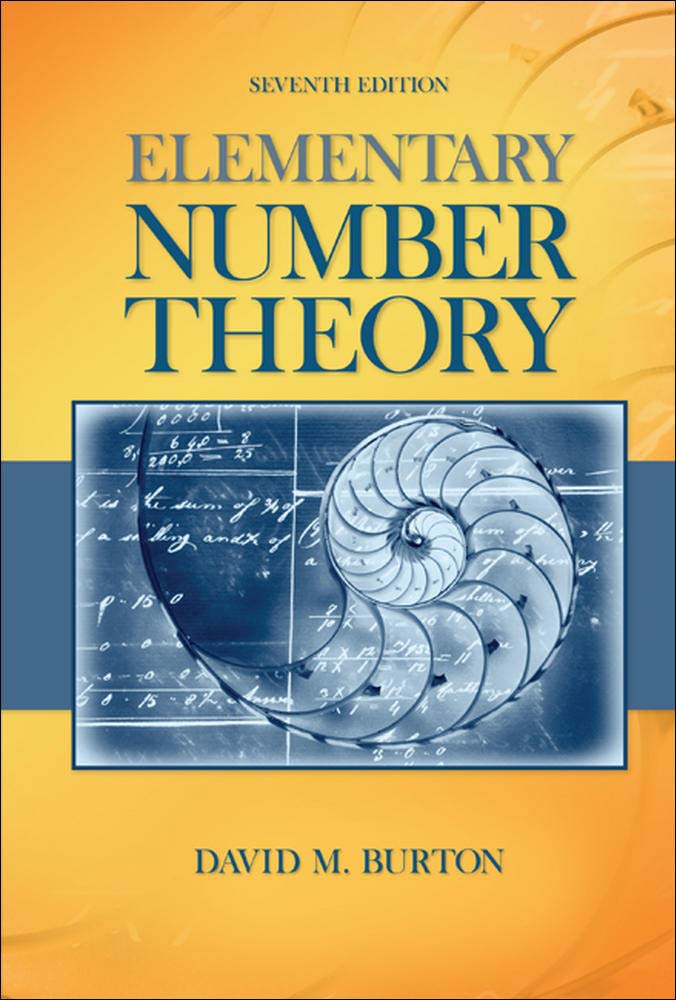
Elementary Number Theory Problems 3.2 Solution (David M. Burton's 7th Edition) - Q3 Paid Members Public
My Solution for "Given that $p \not \mid n$ for all primes $p \leq \sqrt[3]{n}$, show that $n \gt 1$ is either a prime or the product of two primes. "
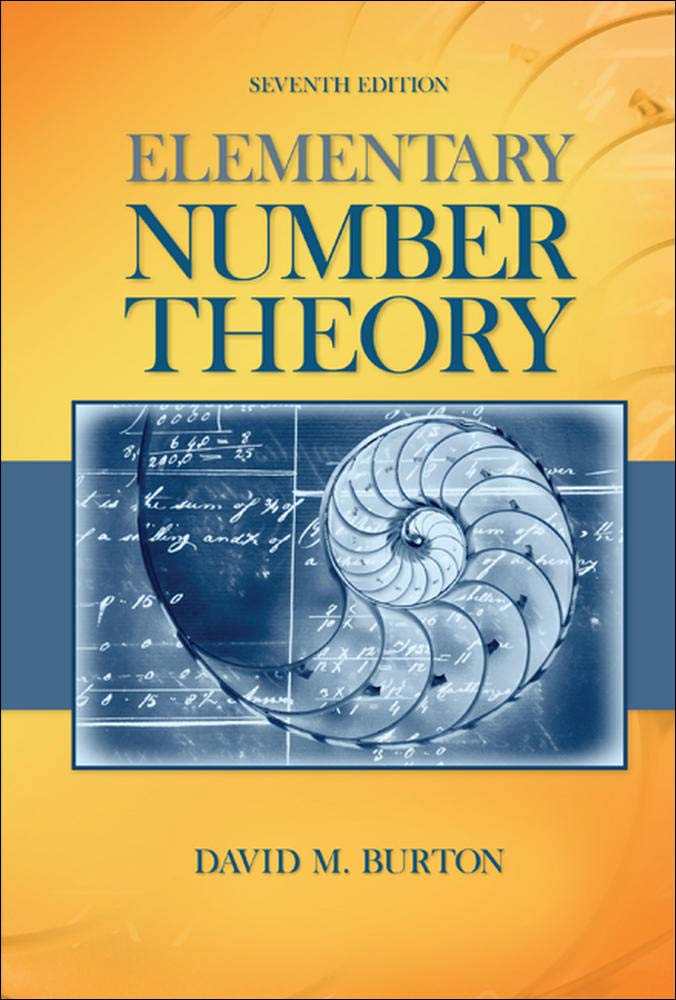
Elementary Number Theory Problems 3.2 Solution (David M. Burton's 7th Edition) - Q2 Paid Members Public
Ranblog Solution for "Employing the Sieve of Eratosthenes, obtain all the primes between 100 and 200."
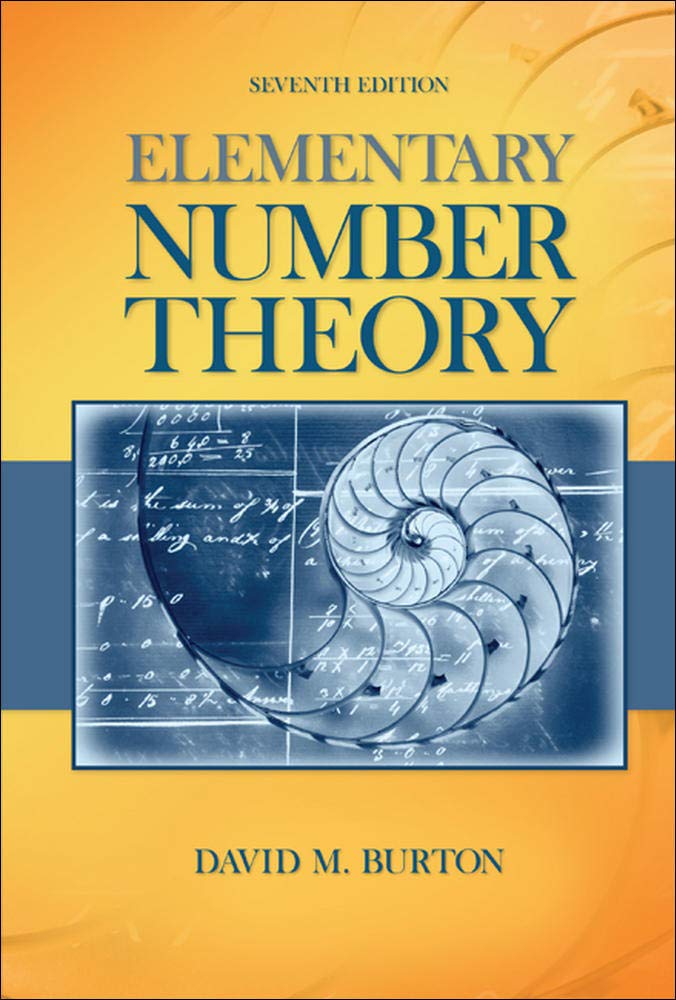
Elementary Number Theory Problems 3.2 Solution (David M. Burton's 7th Edition) - Q1 Paid Members Public
Ranblog Solution for "Determine whether the integer $701$ is prime by testing all primes $p \leq \sqrt{701}$ as possible divisors. Do the same for the integer $1009$."

Elementary Number Theory Problems 3.1 Solution (David M. Burton's 7th Edition) Paid Members Public
My solutions for Burton's Elementary Number Theory Problems 3.1 (7th Edition)
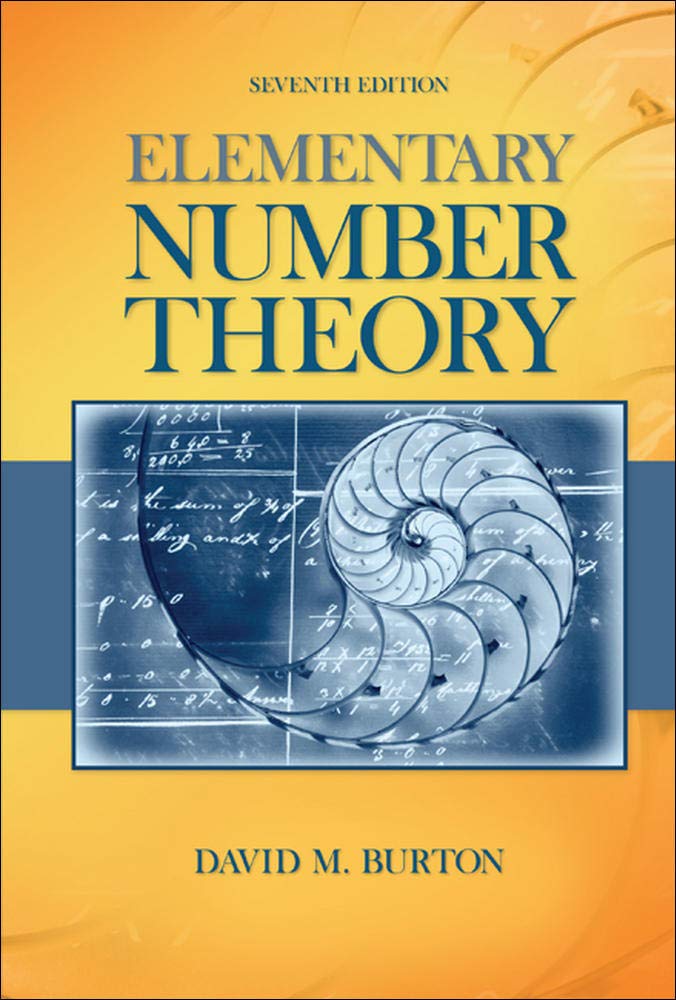
Elementary Number Theory Problems 2.5 Solution (David M. Burton's 7th Edition) Paid Members Public
My solutions for Burton's Elementary Number Theory Problems 2.5 (7th Edition)

Elementary Number Theory Problems 2.3 Solution (David M. Burton's 7th Edition) Paid Members Public
My solutions for Burton's Elementary Number Theory Problems 2.3 (7th Edition)
